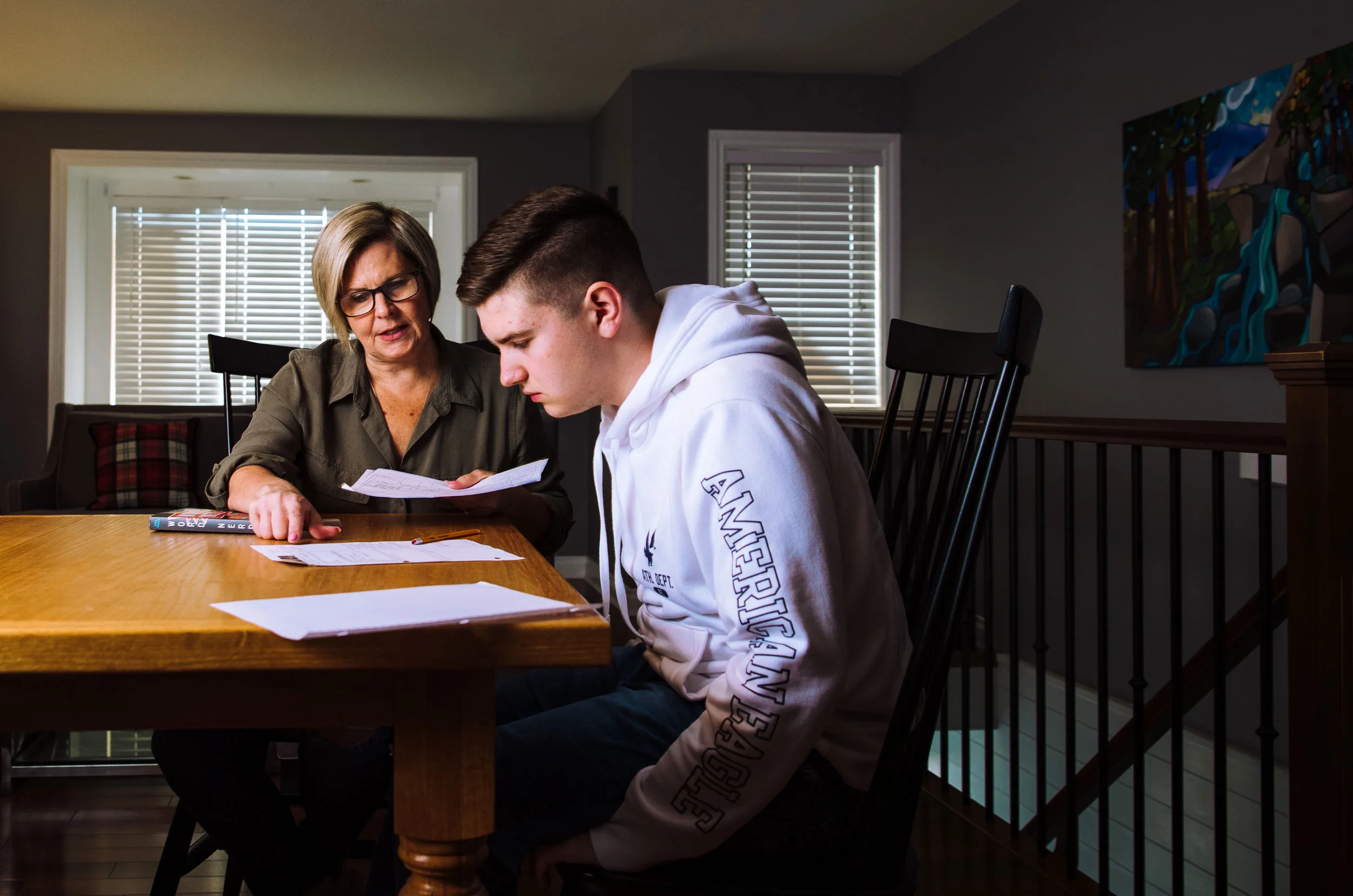#NAAW: National AccessAbility Week
Accessibility within the Justice System must be MEANINGFUL
Courtney Fraser, Inclusion BC Board Member
My name is Courtney Fraser. My family is Mi’kmaq from the Millbrook First Nation in Nova Scotia, African Nova Scotia, Acadian French, Mohawk and Japanese. I serve on the Board of Inclusion BC as the Indigenous Representative and have worked in the area of Indigenous justice and social advocacy since 2011.
Meaningful accessibility has never been more important for the broader society and for Indigenous peoples alike as it is now. Nowhere can the disparities between access, lack of access, Indigenous marginalization and injustice be seen more prevalently as within the Canadian justice system and Canada is not alone. It is common knowledge that more than 30% of people incarcerated in Canada are Indigenous. It has also been suggested that as high as 26% of incarcerated people suffer from an invisible disability (The Invisible Disability Caught in Canada’s Prison System, May 4, 2017). It is noted that this number only references FASD and not other mental health disabilities. This article also speaks of the Public Safety report out of Manitoba which indicates there is “anecdotal evidence that 50 percent of Indigenous inmates had FASD, while 100 percent of Indigenous community members with FASD had experienced incarceration”, thus showing the correlation of inaccessibility and discrimination of both Indigenous peoples and people with disabilities from the general population.
Meaningful accessibility requires the creation of processes within society which are available to all without barriers or limitations. In order to achieve this goal policies, systems and structures need to be created not only with segments of society not currently being adequately served but treating them as equal partners. Meaningful accessibility can only be realized when meaningful inclusion is not only considered but has been educated and lived by the whole society to the point that it is second nature.
Today, we have a justice system which is failing in this area by design. There is no meaningful access to justice when the justice system itself does not understand diverse abilities and does not have measures in place to ensure there is meaningful dialogue and consideration when passing judgement. For instance, how can a lawyer, judge and/or advocate explore meaningful accessibility to justice when they can not request/order a Complex Developmental Behavioural Conditions assessment? How can someone with a diagnosed mental health condition demand accessibility within the justice system when they are not understood by the people passing judgement? Currently, even if all parties have an understanding of diverse development abilities, the justice system still falls short. For instance, the principle that an individual is to be judged in comparison to his/her peers is based on chronological age versus the person’s ability to understand the situation and environment. With minimal education, the vast majority of the population would understand that judging a 35-year old who has a developmental disability is not the same as judging someone without a developmental disability; however, this is the norm. Thus, by design, justice is not accessible to many.
Time and time again, it has been proven that Institutions are not the answer. If there is any hope in providing accessibility within the justice system, the justice system must be reframed. A process, policy and framework of justice which provides meaningful accessibility is not only a better system for individuals with diverse needs, but for all individuals accessing the justice system and the community at large. Just as with meaningful accessibility, meaningful reconciliation and addressing the over-representation of Indigenous persons, with or without a disability, within the justice system cannot and will not happen without true understanding, partnership, education and empathy.
#DifferentTogether:
#DifferentTogether: Join Inclusion BC in opposing racism
The Honourable Janet Austin, OBC, Lieutenant Governor of British Columbia
Over the past few months, British Columbians have pulled together to vanquish COVID-19, and we have witnessed many acts of kindness and selfless generosity. Sadly, however, our success has been marred by recent incidents of race-based violence and discrimination. I strongly condemn these racist acts; they have no place in our province or our country. I ask you to join me, alongside leaders in government, business and social services, in pledging to uphold the Canadian values of diversity and inclusion and to oppose racism and hate in all its forms. We are stronger when we are #DifferentTogether.
Take the #DifferentTogether Pledge:
Join me in sharing the #DifferentTogether pledge on social media and encouraging others to take part.
Ways to Participate in Three Easy Steps:
- Download the #DifferentTogether pledge graphic for Twitter, Facebook or Instagram.
- Share it on social media and tag five friends, family members, or leaders in your community.
- Encourage them to do the same.
Please share:
I also encourage you to share a video of yourself highlighting your commitment to opposing racism, and upload it to social media using the hashtag #DifferentTogether.
You can also follow us on Twitter, Facebook and share my related posts.
Diversity is at the core of who we are as Canadians. Join is in opposing racism in all its forms.
#NAAW: National AccessAbility Week May 31- June 6, 2020
Together we can build an inclusive and accessible Canada
National AccessAbility Week (NAAW), from May 31 to June 6, 2020, is a great opportunity to celebrate the contributions of Canadians with disabilities make every day, all across our country. We are working to remove barriers to accessibility and inclusion — because we all benefit when persons with disabilities participate in all aspects of society, including accessing employment, resources and services.
We all benefit from a society and an economy without barriers to inclusion. When persons with disabilities can participate in all aspects of society, including accessing employment, resources and services, it enriches Canada’s economy.
See More: National AccessAbility Week – May 31 to June 6, 2020







